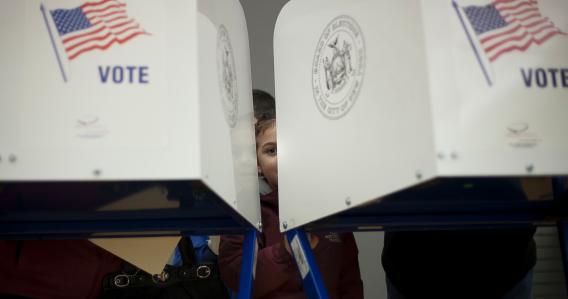With an election this heavily polled, if the actual reported vote deviates from the polls significantly, that is more likely to be indicative of an error in the measure of the actual vote than in the polls themselves. In other words, if Ohio goes for Romney, that’s more likely a sign that Ohio messed up and somehow returned a result that was out of line with actual voter intent than that the underlying polls were incorrect in measuring voter intent.
Polling is more accurate than the “real vote” at this point. This is also the case with the census. Why should we have to talk to every American to get an accurate measure of how many people live where? And the insistence on showing up at the polls (or talking to a census taker) has the effect of systematically undercounting certain sets of people—the homeless, the poor, people who don’t speak English, people who move frequently. There are systematic biases in the census and the vote. Is that defensible?
